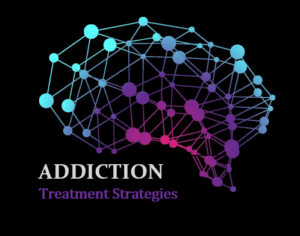Addiction as a Disease
Today we’re going to talk about the concept of addiction being a disease. Since we started studying or treating people with an addiction, to usually alcohol in the 1930s, it was seen as a moral failing or a moral problem on the part of the individual. Consequently, we adopted the Alcoholics Anonymous model in which we treated addiction as a moral process and we use AA as an intervention strategy.
Moral Willpower vs Disease
In 1966 the American Medical Association stated that addiction was a disease and since that time we’ve been conflicted about whether its a moral willpower type of process or whether its a disease. The concept of a disease, according to the Stedman’s Medical Dictionary, is a pathological condition of a body part, an organ, or a system resulting from various causes such as an infection, genetic defect, or environmental stress characterized by signs or symptoms. In reality that’s what the American Medical Association was going off of in 1966. However since that time people continue to see it as a concept of willpower and people should just be able to get over it. Oftentimes this is because people believe that the disease process with an addiction was self-inflicted.
ATS Position on Disease
The National Institute of Mental Health definition of a disease is a chronic relapsing process in which the structure and function of the brain has changed such that its characterized by compulsive cravings and compulsion to use the drug oftentimes in spite of devastating consequences. That’s the current position of the National Institute of Mental Health. The ATS position, in terms has modified that minimally, in that we believe the concept of an addiction is a stress-induced impulsive control disorder that leads to the use of a substance or a behavior oftentimes with devastating consequences that the person can’t stop.
Treatment of Addiction Disease Process
Having said that our system then addresses treating that disease process using medications with an intervention strategy coupled with cognitive behavior therapy. Certainly so, from multiple perspectives since 1930, we’ve evolved in understanding that addiction is for sure a disease process in which the brain has changed.





